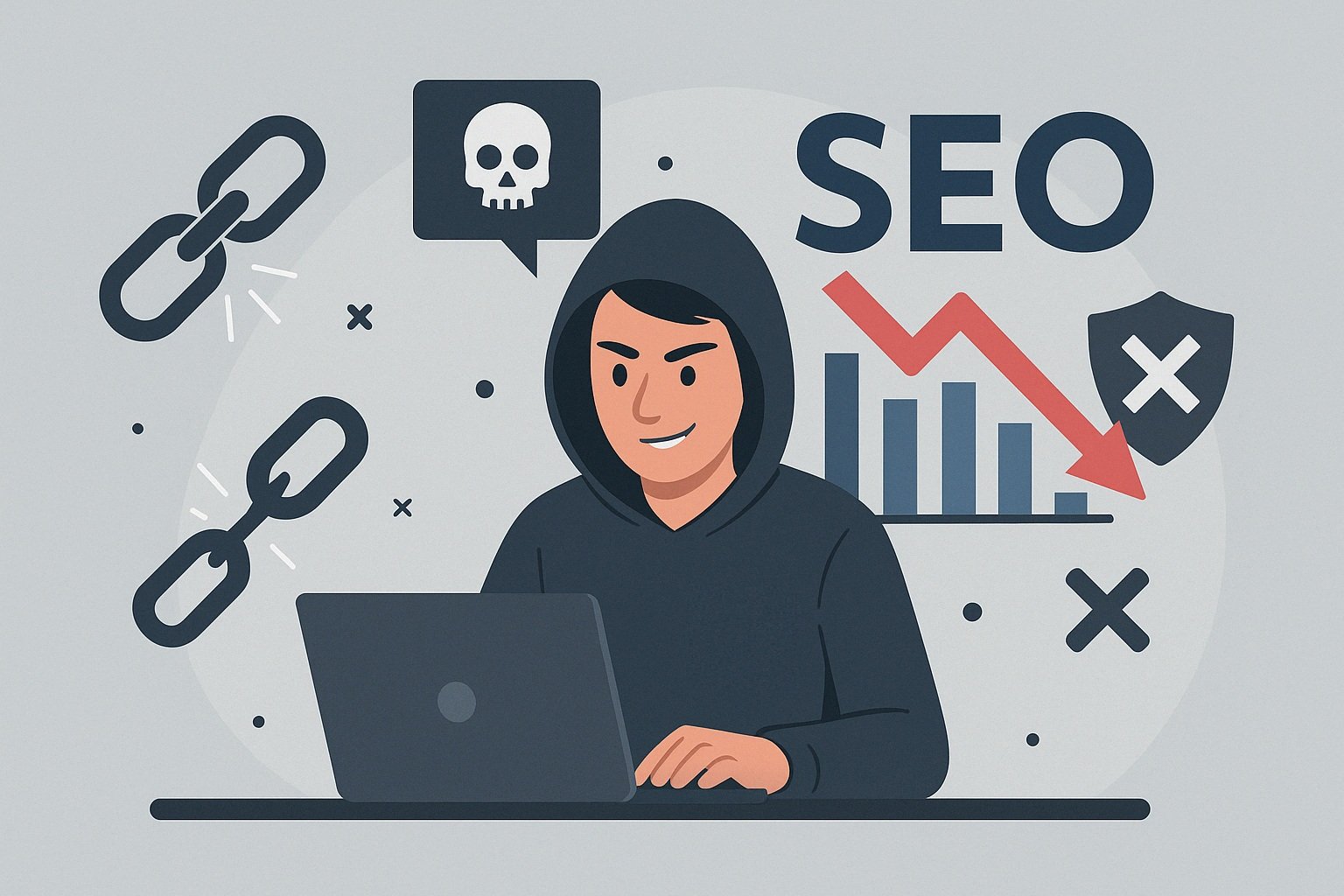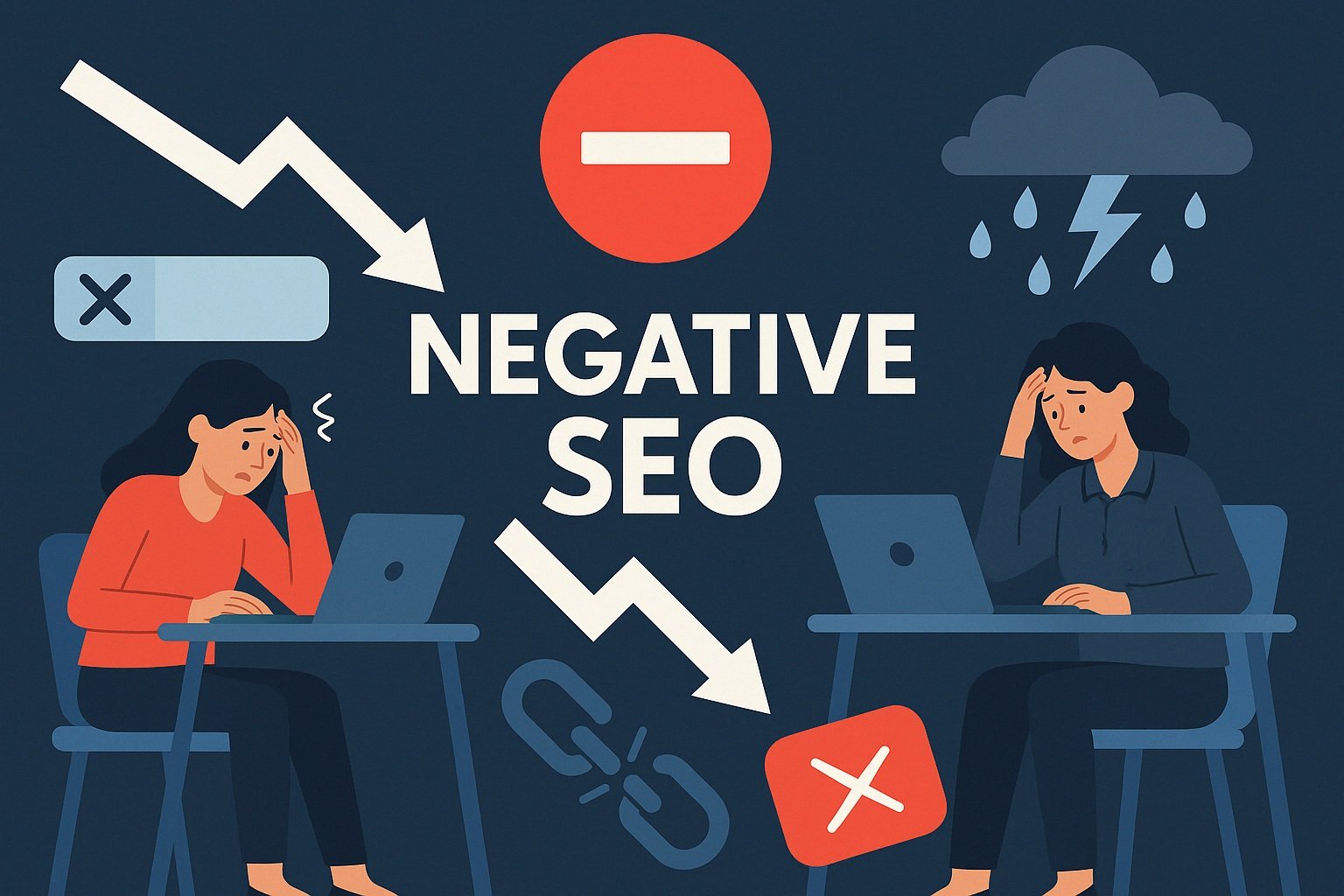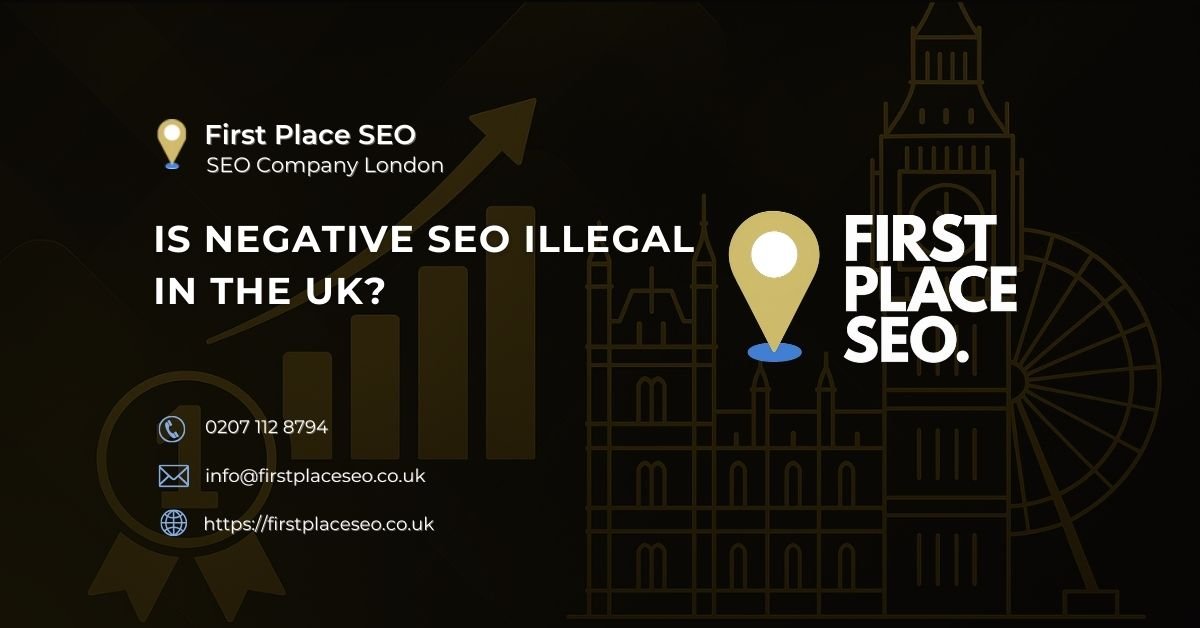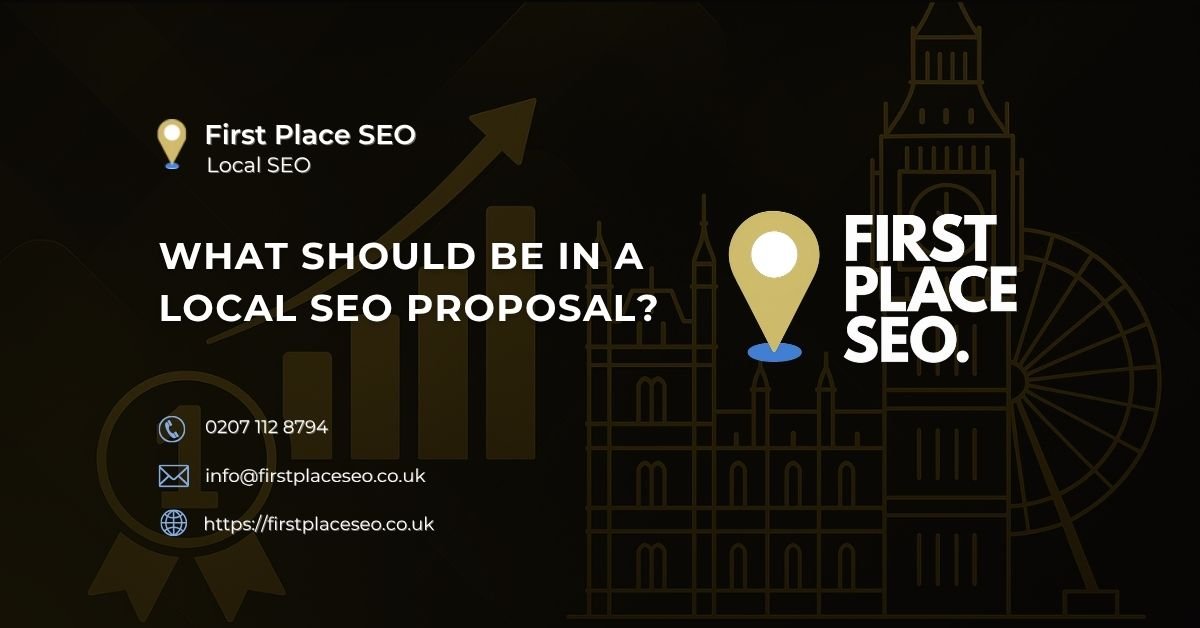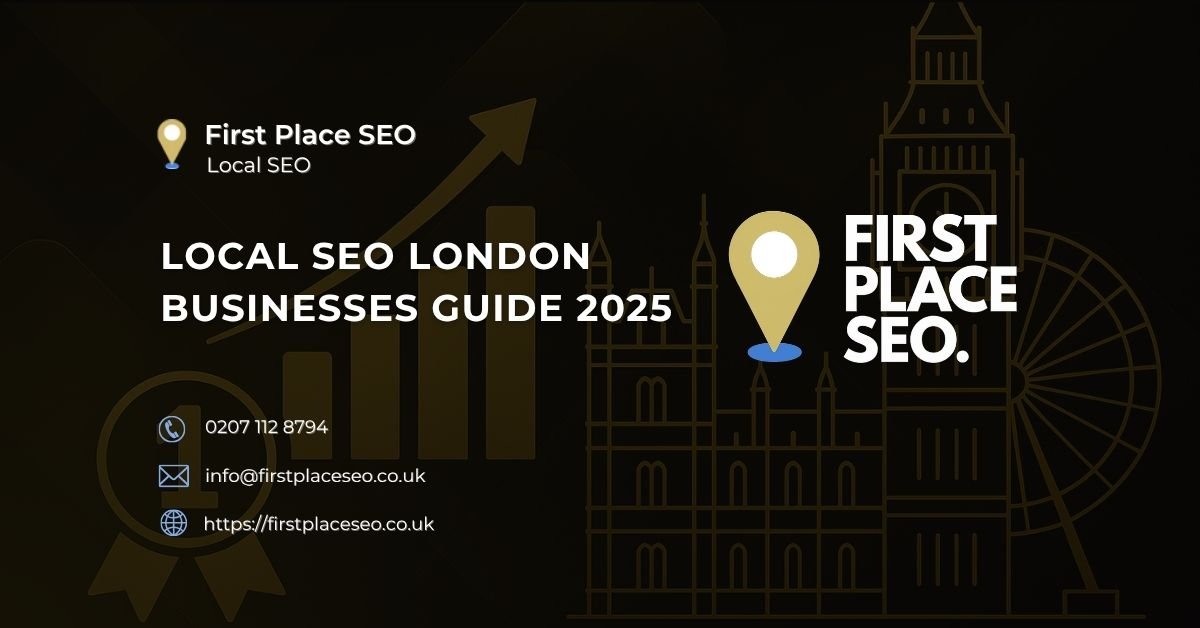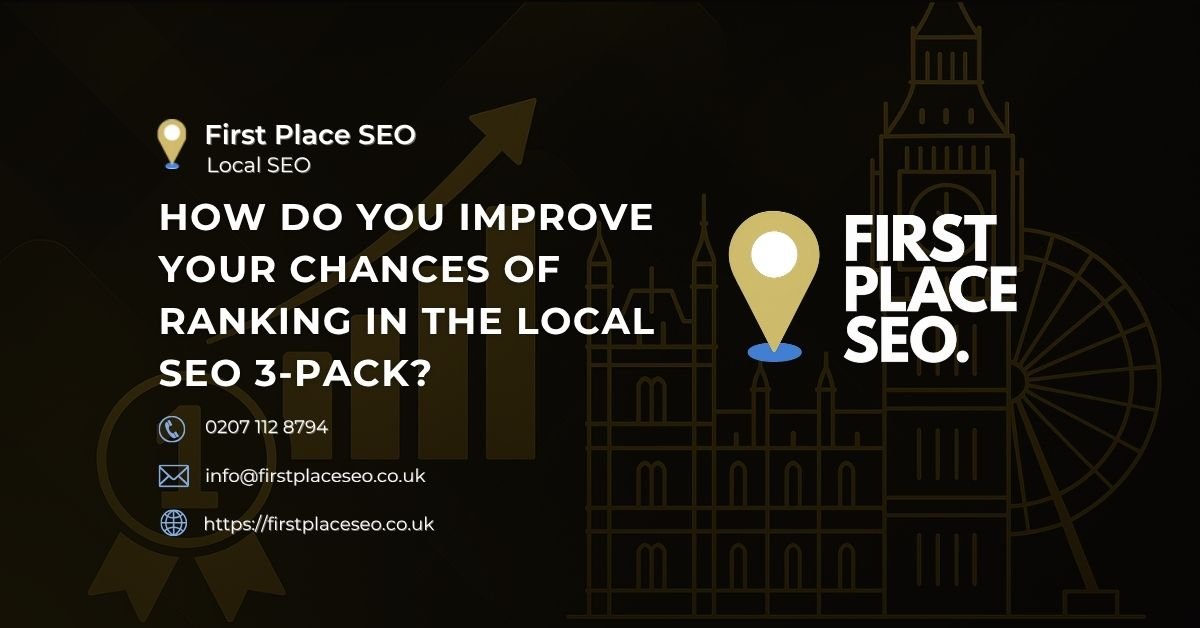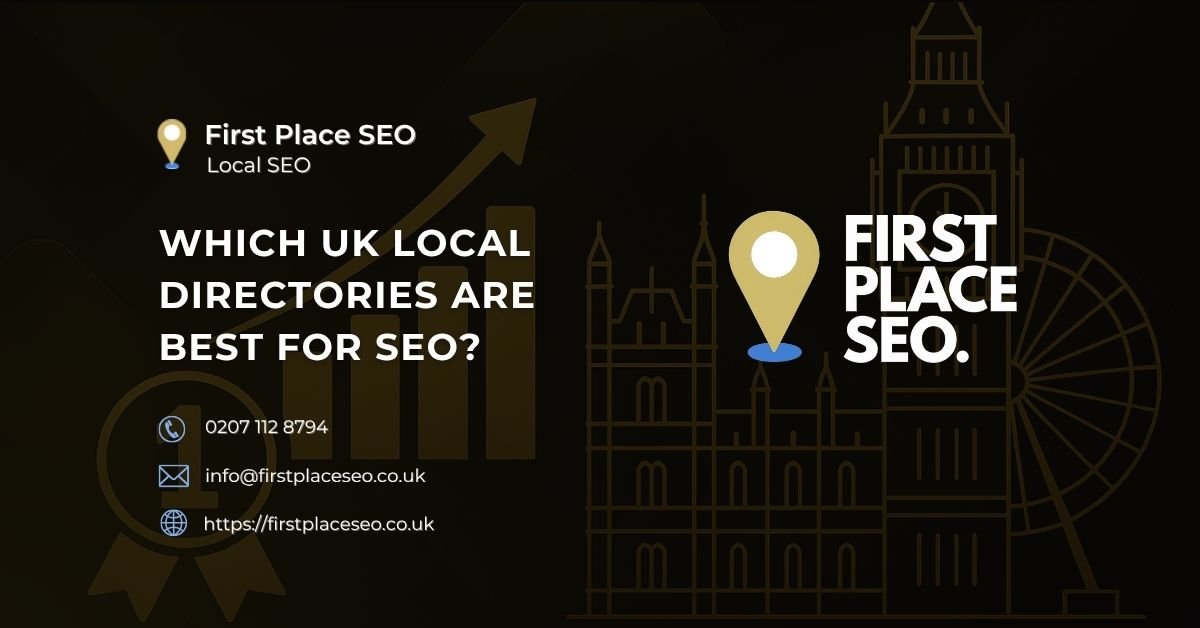Is Negative SEO illegal in the UK? What the law really says
Negative SEO refers to tactics that are used to harm a website’s performance in search engine rankings. These methods include unnatural backlink building, malicious content duplication, false review generation, and unauthorised access to a website’s backend. The aim is often to trigger search engine penalties or degrade the website’s online reputation. While not every tactic is considered a crime, many do breach UK laws when they involve fraud, hacking, or copyright infringement.
Here's What We Have Covered In This Article
What does negative SEO involve?
Recognisable tactics used in negative SEO campaigns
Some of the most frequent strategies used in negative SEO include large volumes of spam backlinks, scraping and syndicating copyrighted content, impersonation for link removal, and technical attacks that compromise website security. These attempts manipulate search engine algorithms by making it appear that a website is engaging in unethical SEO practices.
An unexpected influx of low-quality backlinks from unrelated domains, copied content found across external websites, or fake business reviews across online platforms may indicate that a negative SEO attack is in progress. Monitoring tools such as Google Search Console and backlink audit platforms like Ahrefs can help identify and address such activity early.
Is negative SEO a crime in the UK?
The UK does not have a single law that specifically addresses negative SEO. However, several laws apply depending on the activity involved. Hacking or inserting malicious code on a website is a criminal offence under the Computer Misuse Act 1990. Copying and republishing original content without consent may result in a breach of copyright law. Publishing false reviews or impersonating a business to remove valuable links can also fall under defamation, fraud, or unlawful interference with trade.
We personally believe that creating toxic backlinks designed to harm another business’s visibility could be interpreted as an unauthorised act that impairs access to data. This interpretation can lead to civil claims under UK tort law. However, these claims are not easy to prove without a clear digital trail.
When does negative SEO become illegal?
Specific activities that break the law
Some actions leave no doubt about their legality:
-
Gaining unauthorised access to a website and modifying its code is a clear offence under UK cybersecurity laws
-
Posing as a business to remove legitimate backlinks can be seen as identity fraud under the Fraud Act 2006
-
Copying text or media from a website and republishing it without permission can lead to copyright infringement
These activities cause direct harm to the affected businesses and may also impact users who interact with compromised or misleading content. If these actions are proven in court, the party responsible can face fines, takedown orders, or damages claims.
Why is legal action against negative SEO so difficult?
Identifying the person or entity responsible is the first challenge. Many attackers use anonymous hosting services, proxy servers, or operate from jurisdictions where enforcement is weak or slow. If you do identify the source, the next step involves gathering enough forensic evidence to support your claim. This can involve hiring specialists in digital forensics, lawyers with experience in cybercrime, and expert witnesses to explain the impact of the attack.
Pursuing legal action in a civil court is expensive. For most businesses, especially new ventures or small companies, the cost of litigation may outweigh the financial damage caused by the attack. This often leads victims to focus on protective measures instead of legal action.
How can you respond to a negative SEO attack?
Protecting your website starts with regular monitoring. Tools like Semrush and Ahrefs offer backlink audit features, while Google Search Console provides alerts on manual penalties and security issues. Keeping software updated and strengthening access controls also reduces the risk of hacking.
If suspicious backlinks appear in your profile, use the Google Disavow Tool to prevent them from influencing your search performance. If you identify copied content, file a Digital Millennium Copyright Act (DMCA) notice with Google to request removal of the duplicate versions.
For more serious issues like impersonation or fake reviews, platforms like Trustpilot and Google Business Profile allow business owners to flag and report inaccurate content. You can also set up Google Alerts for your brand name to stay updated on mentions across the web.
Will negative SEO be covered by future UK law?
While current laws do not define negative SEO as a distinct offence, future updates to digital legislation could bring more clarity. The Online Safety Bill, for instance, introduces broader oversight of digital harms and may indirectly support businesses affected by unethical digital practices. Clearer definitions around online manipulation, search abuse, and platform responsibility are likely to emerge as legal frameworks continue to evolve.
Search engines are also playing a role. Google’s Penguin update, for example, introduced an algorithm that better detects unnatural linking patterns. As a result, many spammy links are now simply ignored by search engines rather than being penalised. This reduces the effectiveness of link-based negative SEO, although it does not eliminate the risk entirely.
Why ethical SEO is still the best defence
A strong and well maintained SEO strategy is the most reliable way to defend against bad actors. This includes producing original, helpful content, earning high-quality links from trustworthy sources, and keeping your technical SEO solid. Websites that follow ethical SEO practices are more resilient and recover faster if they ever face an attack.
If you want to learn more about building a reliable SEO framework, our London SEO Agency offers practical steps to help improve performance the right way. You can also contact us to know how to avoid common SEO mistakes to keep your site in good standing.


